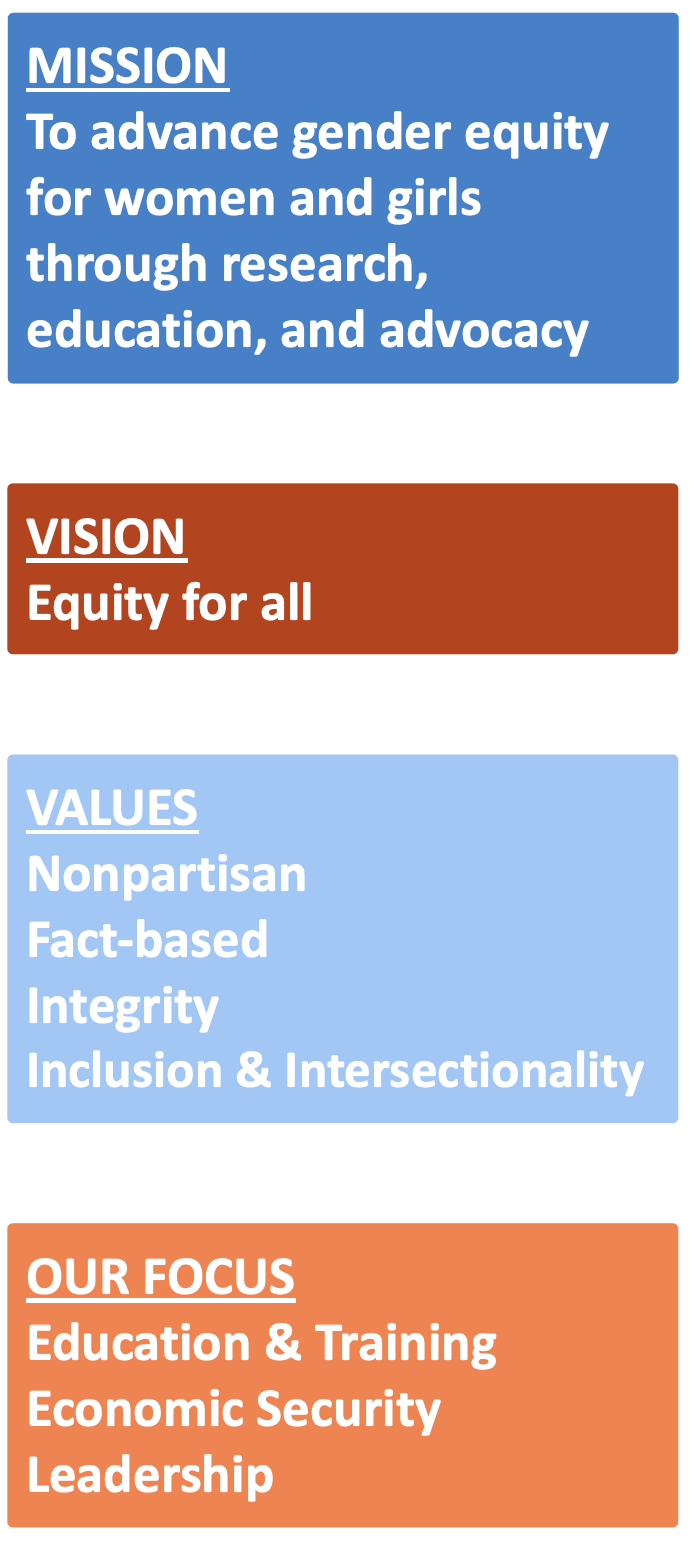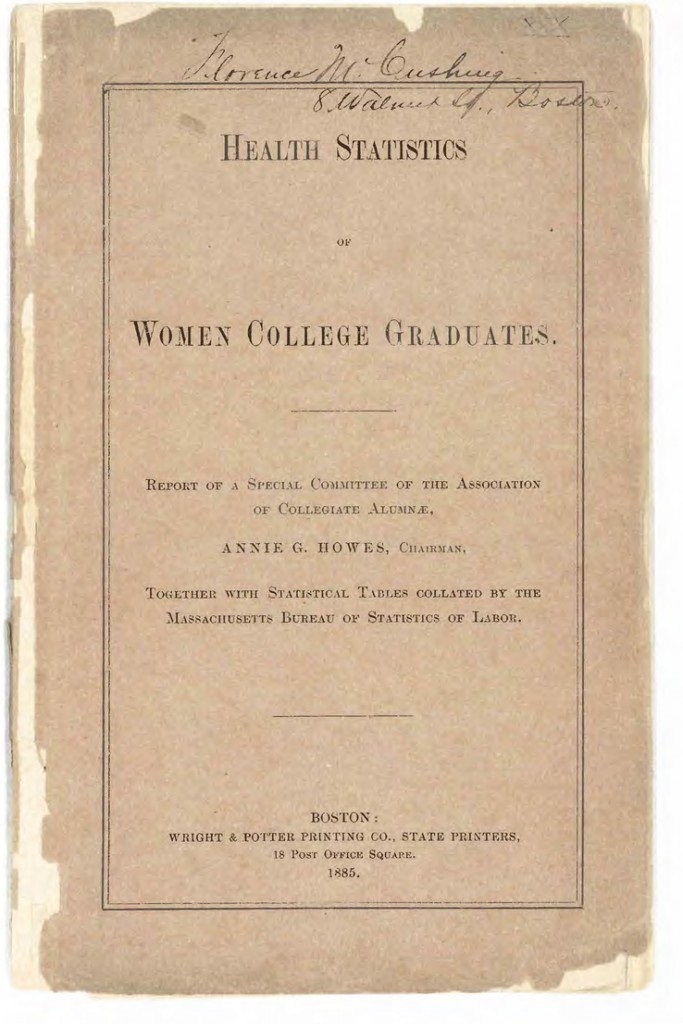AAUW membership is open to anyone with an associate (or equivalent) degree or higher from a regionally accredited institution.
In principle and in practice, AAUW values and seeks an inclusive membership, workforce, leadership team, and board of directors. There shall be no barriers to full participation in this organization on the basis of age, disability, ethnicity, gender, gender identity, geographical location, national origin, race, religious beliefs, sexual orientation, and socioeconomic status.
AAUW is a community standing 170,000 strong for gender equity. Your membership makes our powerful voice even louder on critical issues affecting women and girls.
In addition to national opportunities offered to all AAUW members, branch members enjoy networking at the local level, serving in local and state leadership roles, sponsoring community action projects, and lobbying on AAUW priority issues. If you enjoy this level of activism and engagement, then branch membership is the right choice for you!
Click here to become a branch member now!
AAUW Winchester (VA) Branch dues for 2021-2022 are $90 for regular members. This includes $67 National dues, $15 State dues, and $8 Branch dues. Because AAUW is a 501(c)(3) charitable membership organization, $64 of the National dues are tax deductible on your personal federal income tax return. Of the National dues payment, $3 is not tax deductible because it will support the AAUW Action Fund’s section 501(c)(4) Capitol Hill advocacy work and get-out-the-vote activities. Student fees are $18.81, of which $16.81 is tax deductible and $2 is not.
AAUW National Life Membership dues (one-time payment) of $1,340 are fully tax-deductible. An Honorary Life Membership, i.e. someone who’s been a member for 50 years, is $0 National dues, $0 State dues, and $8 Branch dues.

College Doesn’t Make You Infertile: AAUW’s 1885 Research
In 1885, as its first research report, AAUW’s predecessor organization called the Association of Collegiate Alumnae (ACA) set out to disprove the ridiculous theory that a college education would harm a woman’s health and result in infertility. In his 1876 book Sex in Education: Or, a Fair Chance for Girls, Harvard Medical School physician Edward H. Clarke based his assertion on the theory that the sum of energy in a body is constant. So, a woman who spent her time on the “excessive” studying required in college would transfer energy from her reproductive organs to her brain.
Annie Howes, who led the ACA’s survey committee at the time, developed a series of 40 questions and sent them to 1,290 members. Of those women, 705 submitted responses. The results of the study showed that 78 percent were in good health and 5 percent in fair health and that, not surprisingly, education did not adversely affect women’s health. The final report, Health Statistics of Female College Graduates, was published in conjunction with the Massachusetts Bureau of Statistics of Labor.

